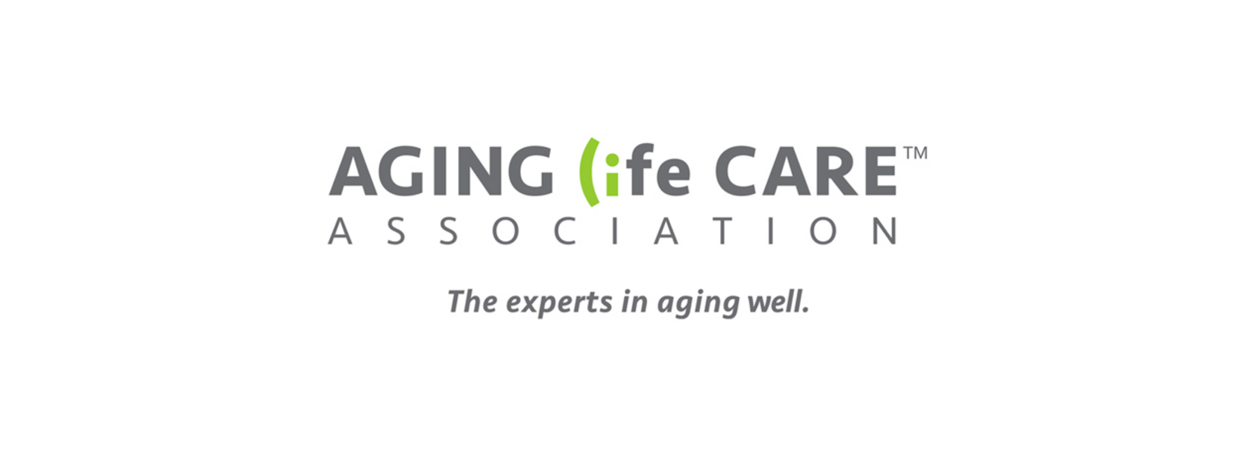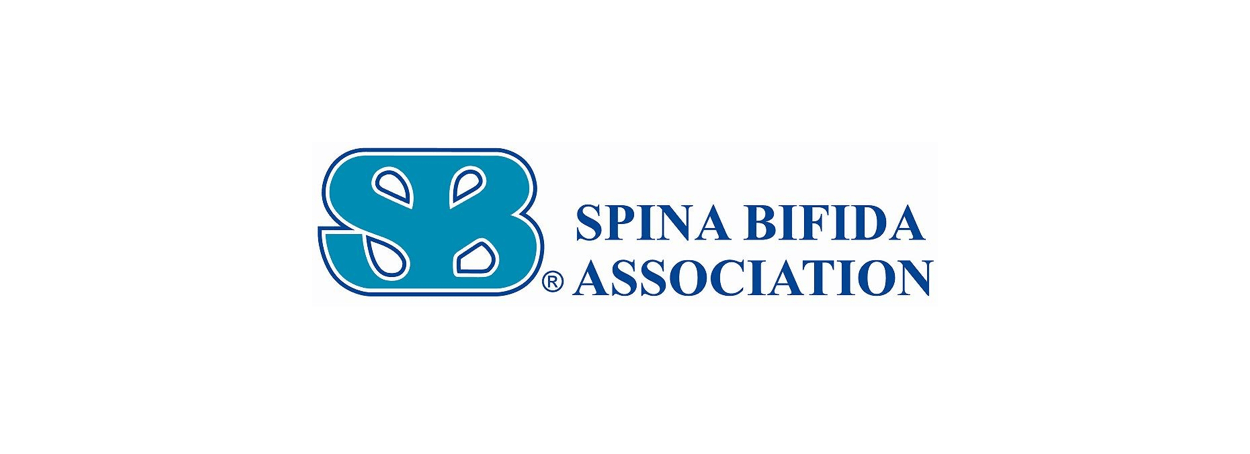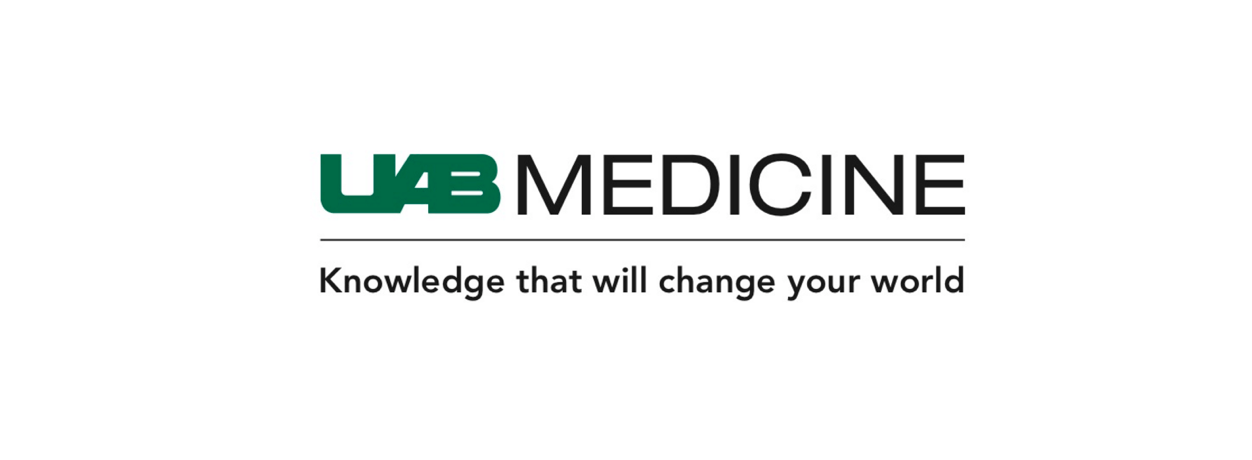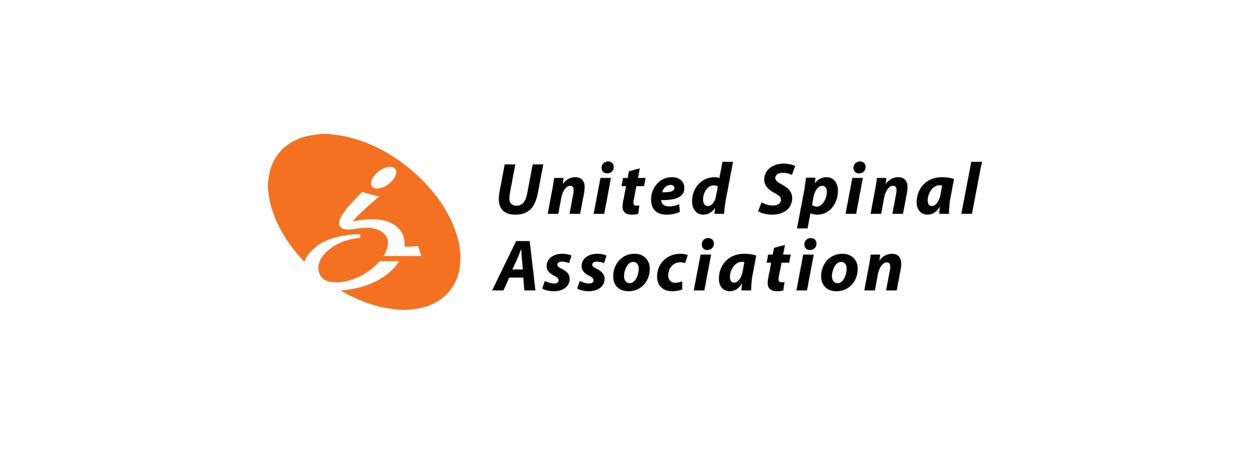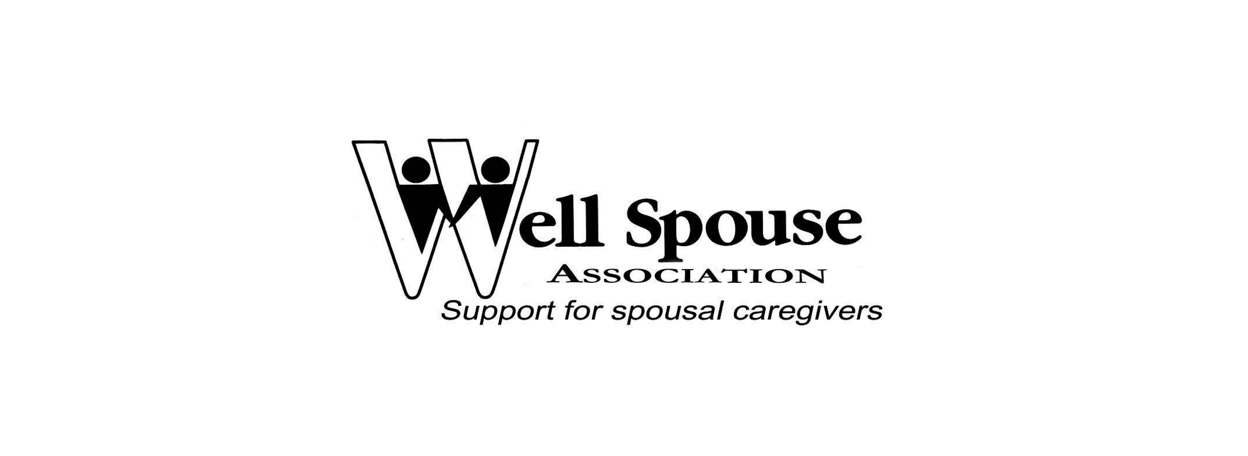
Insurance is great except . . .
The are many reason people come to Medical Monks to buy their medical supplies. Great prices, fast shipping, knowledgeable customer care associates, the list goes on . . . but why on earth would anyone pay for their own medical supplies?
We talk to a lot of customers who call us and want to place a phone order for their medical supplies. Customers share their situation and many are quick to tell us why they are calling and paying for their own supplies. Here are the top 5 reasons they give:
1. No Health Insurance
- If you don’t have health insurance, but have a chronic illness, you will need to pay cash for your medical supplies. However, unfortunately many in this situation forgo treating their chronic condition with the medical supplies they need.
2. High-Deductible Health Plan
- Many Americans now have higher deductibles to meet before their health insurance benefits kick in. While we understand that having a higher deductible usually means lower monthly premiums and that some benefits, like preventative care, are covered before you meet your deductible, almost all plans require you meet your entire individual or family deductible before your supplies are covered. Especially at the beginning of the year, this can mean paying entirely out of pocket for your supplies.
- Even if you have insurance, you may prefer to shop online and pay cash for medical supplies. While most online suppliers will not bill your health insurance (most of them aren’t contracted with any insurances at all) some will and many will provide you with a list of codes so that you can submit the bill to your insurance. While you won’t receive anything back from your insurance, you will receive “credit” towards your deductible. Especially if you or another family members expects to use your insurance throughout the year, you want to make sure every dollar you spend out of pocket is counted towards your deductible.
- You should also consider using your HSA (health savings account) or FSA (flexible spending account) funds to pay for supplies. Save your receipts!
3. Dealing With Health Insurance Is Too Complicated
- Some patients choose to pay for certain procedures or supplies with cash because they don’t want to deal with the hassle of authorizations, co-insurances, explanation of benefit statements, and the list goes on.
4. Don’t Like Your Health Insurance authorized Medical Supplier
- Your health insurance company may only authorize certain providers for your medical supplies. If you have limited options and don’t like the customer service, locations or product offerings from the contracted provider, you’re stuck.
- We especially hear from customers who say their insurance covers only certain types of products and in only certain quantities. If a customer wants high quality supplies and in the quantities they need many times they will have to pay out-of-pocket.
5. Like the Convenience of Ordering Supplies Online From A Specific Vendor
- We hear from many customers who would rather pay cash and have a choice about where they receive their medical supplies. Some have had a bad experience with their insurance’s contracted provider or have heard from family or friends about better convenience, service, support and ultimately better value from an on-line retailer like Medical Monks.
I hope this helps spell-out many of the reasons people are reaching for their credit or debit cards to get the supplies they need. If you have reasons not listed hear I’d love to hear from you by dropping me a note at scott.hetland@medicalmonks.com.
About the Author
Scott Hetland is President of Medical Monks, Inc. with experience in the Medical Industry for last 12 years. Medical Monks is medical supply retailer serving consumers and businesses across the United States since 2016. Reach Scott at scott.hetland@medicalmonks.com.


